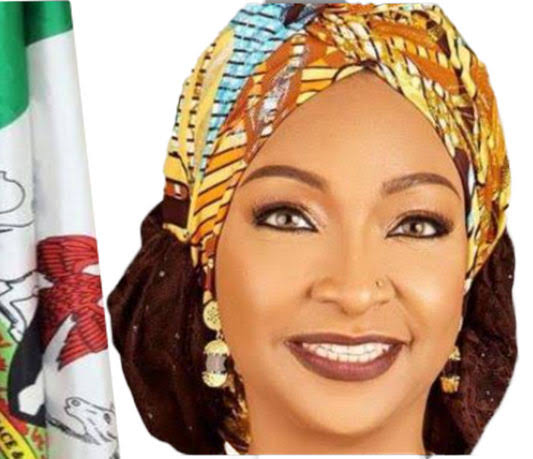Nigeria’s Minister of Art, Culture, Tourism, and Creative Economy, Hannatu Musawa, has announced that the review of the National Policy on Culture is in its final stages.
In a statement issued on Friday in Abuja, Musawa highlighted that this marks the first comprehensive review of the policy in 37 years. The process is being carried out in collaboration with the Nigerian Economic Summit Group (NESG) and the United Nations Educational, Scientific, and Cultural Organisation (UNESCO).
The policy, last updated in 1988, has remained in draft form for over three decades despite its crucial role in shaping Nigeria’s cultural and creative industries.
In July 2024, a Cultural Policy Drafting Committee was inaugurated, consisting of over 100 members organized into sub-groups to research, develop, and refine the policy framework.
According to Minister Hannatu Musawa, the committee successfully completed the virtual drafting process in December 2024. This progress necessitated a physical drafting exercise to further consolidate and refine the document.
She added that the final stage involves preparing the policy for a Stakeholders Engagement and Validation exercise before its submission to the Federal Executive Council (FEC) for approval.
Recognizing the urgency of these reforms, the ministry launched a comprehensive review process to align Nigeria’s cultural framework with global best practices and the evolving creative economy.
“This initiative demonstrates President Bola Tinubu’s commitment to cultural development under the Renewed Hope Agenda,” Musawa stated.
She emphasized that the National Policy on Culture serves as a legal framework for preserving, promoting, and developing Nigeria’s cultural heritage.
Musawa emphasized that the review aims to ensure the policy reflects contemporary trends, particularly the transition from a creative industry to a creative economy.
She highlighted the ministry’s collaboration with the Nigerian Economic Summit Group (NESG) and UNESCO as crucial in facilitating a well-structured and inclusive review process.
Under the Memorandum of Understanding (MoU) signed in 2024, NESG has provided research, technical support, and stakeholder engagement strategies to ensure the final policy aligns with both national and international standards.
Additionally, UNESCO’s technical assistance has been instrumental in training ministry staff and NESG representatives, ensuring the revised policy adheres to global best practices.
Musawa noted that UNESCO has played a vital role in facilitating workshops and providing expert guidance to ensure Nigeria’s policy supports the growth of the creative economy while preserving its cultural heritage.
Speaking on the policy review, NESG facilitator Ikenna Nwosu, who was involved in the drafting process, emphasized the significance of the intervention.
“For 37 years, this policy remained unchanged despite the rapid transformation of the cultural and creative sectors,” he said.
“Ideally, such policies should be reviewed every five to ten years. What we are witnessing today is a long-overdue intervention. The industry has advanced far beyond existing governance structures, and this review is crucial to aligning policies with the sector’s economic potential.
“The minister’s leadership in driving this review is commendable, as it will reposition our cultural sector as a key contributor to Nigeria’s GDP.”








